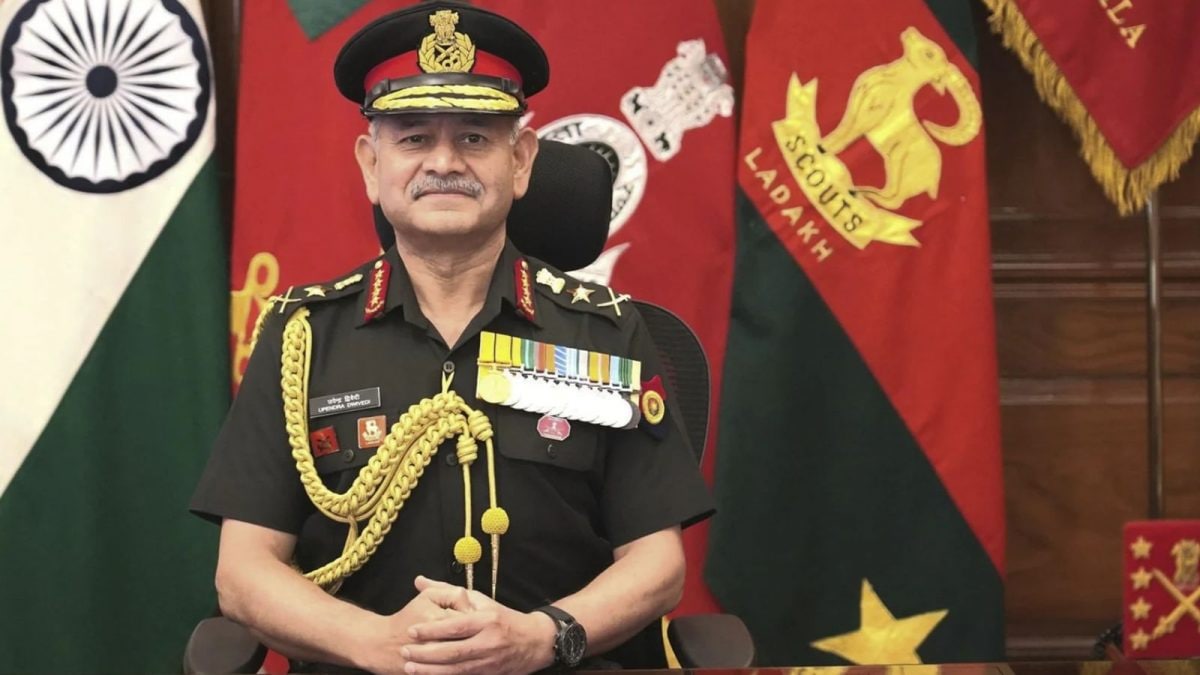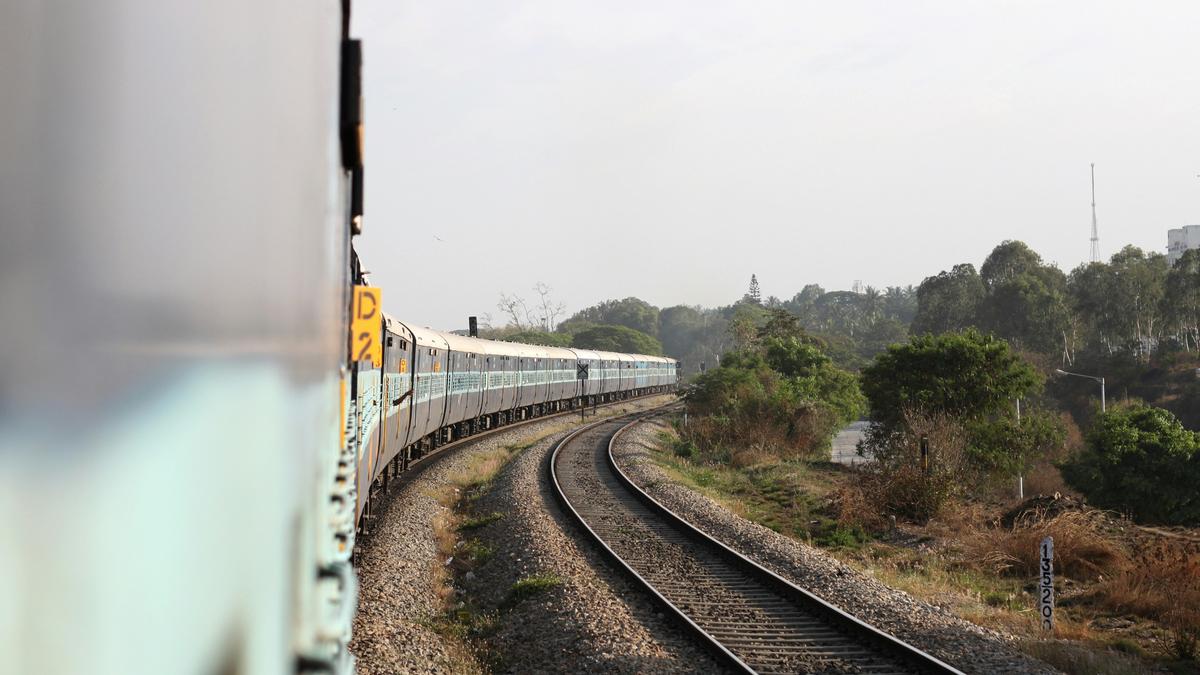ARTICLE AD BOX
Last Updated:September 06, 2025, 07:24 IST
General Upendra Dwivedi pointed out that 'when we fight a war, the Army does not fight alone'

The Army Chief described theaterisation as a natural progression to ensure effective coordination among the multiple agencies involved in modern warfare. (File image: PTI)
Army Chief General Upendra Dwivedi on Friday stressed the need for the theaterisation of India’s armed forces, describing it as a natural progression to ensure effective coordination among the multiple agencies involved in modern warfare. He made these remarks during the launch of the book “Operation Sindoor: The Untold Story" by Lt Gen (retd) KJS Dhillon.
“Theaterisation will happen sooner or later; we just need to determine the timeline. We must carefully consider the concept of theaterisation," said General Upendra Dwivedi while addressing a gathering of veterans and media. Highlighting its importance, he noted, “When we fight a war, the Army does not fight alone."
He pointed out that securing the nation’s borders involves not just the Army but also forces like the Border Security Force (BSF) and the Indo-Tibetan Border Police (ITBP). Additionally, the Navy, Air Force, cyber and space agencies, intelligence organisations, ISRO, civil defence bodies, and state administrations also play vital roles.
“That’s why theaterisation is crucial, as unity of command is very important," Gen Dwivedi stated.
The concept of theaterisation, which involves creating integrated theatre commands for better synergy among the Army, Navy, and Air Force, has been under consideration in India for years. The idea gained momentum after the 1999 Kargil War, when the Kargil Review Committee recommended greater jointness in operations.
In 2020, the late Chief of Defence Staff (CDS) Gen Bipin Rawat initiated steps towards the creation of theatre commands. The current CDS, Gen Anil Chauhan, has continued to push forward discussions, although resistance and concerns within the services over command structures and resource allocation have delayed its implementation.
The Indian model is expected to differ from the US or Chinese systems, tailored to India’s unique geography and security challenges. Proposals under discussion include establishing separate commands for the western border, northern border, maritime domain, and possibly a functional air defence command.
With emerging domains like cyber and space warfare, India’s military planners believe a siloed approach could limit effectiveness. Theaterisation, by pooling resources and streamlining command, aims to enhance both offensive capabilities and crisis response.
Recently, at India’s inaugural tri-service seminar Ran Samvad (War Dialogue), held at the Army War College in Mhow, the Navy and Air Force chiefs offered different perspectives on theaterisation. However, CDS Gen Anil Chauhan reiterated that despite these differing viewpoints, the services remain committed to jointness and reforms.

Akash Sharma, Defence Correspondent, CNN-News 18, covers the Ministry of Defence and Ministry of Railways. In addition, he also follows developments in the national capital. With an extensive experience coverin...Read More
Akash Sharma, Defence Correspondent, CNN-News 18, covers the Ministry of Defence and Ministry of Railways. In addition, he also follows developments in the national capital. With an extensive experience coverin...
Read More
First Published:
September 06, 2025, 07:24 IST
News india Army Chief Bats For Theaterisation, Calls It Key To ‘Unity Of Command’
Disclaimer: Comments reflect users’ views, not News18’s. Please keep discussions respectful and constructive. Abusive, defamatory, or illegal comments will be removed. News18 may disable any comment at its discretion. By posting, you agree to our Terms of Use and Privacy Policy.
Read More



.png)
.png)
.png)
















 2 hours ago
3
2 hours ago
3








 English (US) ·
English (US) ·